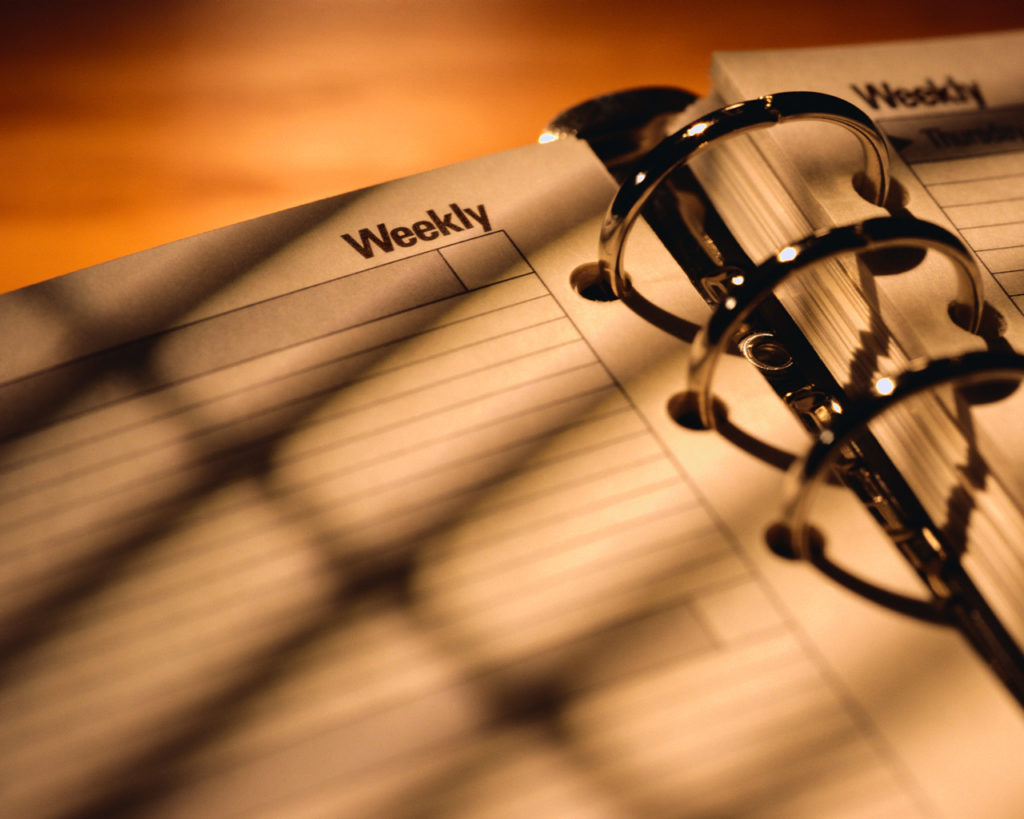Writing a Statement of Purpose
Part I: First, you’ll need to determine – very specifically – what the school, department, and program wants from its applicants/future students. For instance, the English department of a university will most likely emphasize that applicants ought to write a statement of purpose that “… explains the applicant’s reasons for applying to our graduate program, ...





